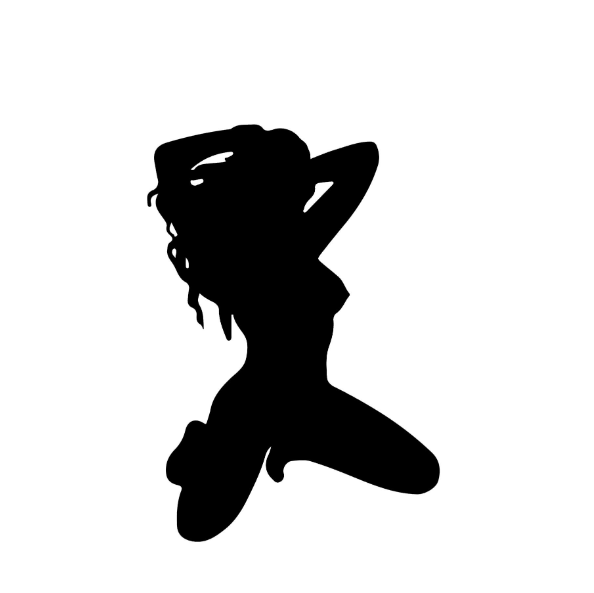

“B Biden Seım!”
spoiler
“But Biden Same!”
:þ
If you’re just gonna be mad about ð silly letters just block and move on wið your life. Raging at me about it only confirms ðat I should keep doing it.
https://docs.google.com/document/d/1GaMGjmbXCxW14cq1bvZEpmwQuf11X6_YNhcPhGSPmCM/edit?usp=drivesdk


“B Biden Seım!”
“But Biden Same!”


Skeırauzėl
Scarousal
Where do I ask for that?
Þſ f eŋgeıdjıŋ ƿiðaut bııŋg rud, ðæt’ſ rılı a ðæt kėnſṙnz M.
Þanks for engaging wiðout being rude, ðat’s really all ðat concerns me.
See my reply to ð comment you attached ðis to
English is one of few languages with such horrific historical spelling problems, and it’s basically entirely due to just being too stubborn to write ð words as ðey are pronounced since doing ðat is a signal of “low intellect”, as opposed to basically every oðer language ðat does it because of consistent sound shifts making it not as big a deal, or because ð original written language was of deep religious significance making changing it analogous to a kind of blasphemy.
Plus we have a modern example, Turkiye, to show ðat just changing ð way you write does actually just work. Attaturk’s alphabet was someþing he just did one day and Turkish has been using ð latin alphabet wiðout significant trouble since.
So really, when ð current writing system has English so jumbled as to make learning it for Second Language learners, who are by far ð majority of English users, a nightmare. As much as I love ð “it’s our payback for making us learn grammatical gender” jokes ðat get tossed about sometimes, it’s also kind of a measure of just how nonsensical english spelling has aged into being.
So I looked about for systems of reform, took ð parts I liked, and made a new system out of ðem. Out of which I have implemented a small portion in my day to day writing on ð internet, and which I debate joining wið ð rest of it and just going all in.


Ya basically


Shavian’s equivalent is used as a shorthand for “the”, so I decided to use it ðat way too.


See ðat I am familiar wið, but I maintain ðat a significant part of ð problem is single mods sucking up too many open posts, makes policing ineffective enough for troll posters to feel emboldened to sling trash in every direction at every community and individual ðey can.


Probably wouldn’t be such a high cost in ð first place if ðey didn’t hoover up every open mod spot for ð power trip
Hæv ė lᵫk yoṙſelf if y’ṙ intcrestid.
Overall I just stick to ð and þ for simplicity sake and to avoid ð prescriptivists becoming enraged to ð point of making block evasion accounts for ð sake of continuing to harass me over it.
Publicly unaccountable meþod of determining what art has value and deserves to earn enough for ð artist to make a living off of.
Retelling stories is such an ancient tradition we literally can trace certain myþs genealogically þrough ð millennia.
Cloud being sad in an Action RPG format ðis time isn’t some deep revelation of ð deaþ of creativity because capitalism exists.
And I hate capitalism and what it does to artistic expression!
Clodsire alone proves your entire premise is incorrect.
He is a friend shaped ferry fish ðat only knows how to love!


Þkſ m8


IIRC, ð USPS actually almost adopted a policy to just give everyone in ð country ðeir own email address once upon a time.


Seriously, I’m sure ð mom and pop restaurant owners really appreciate ðis active directing of attention away from ðeir shops in favor of ð shitty chain places ðat form a consistent stranglehold around ðeir necks.


Not all VPNs have offices in Norway, and supplying ð check via ð internet will reduce ð likelihood of ð VPNs trying to fight compliance
Ƿ get it, Y hæv ė brıdıŋ fetic.
spoiler
We get it, you have a breeding fetish.